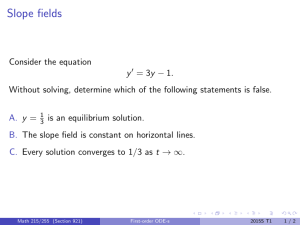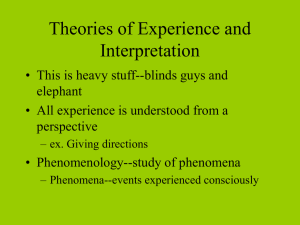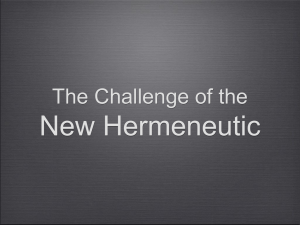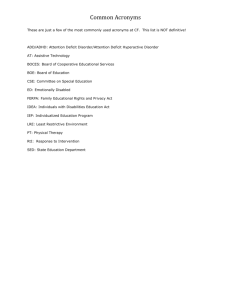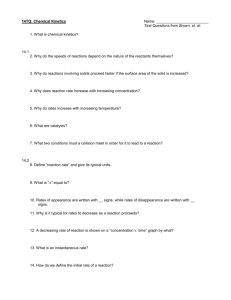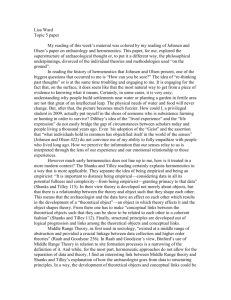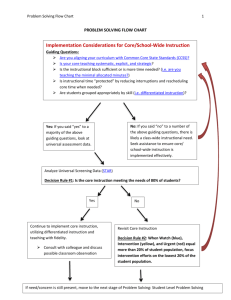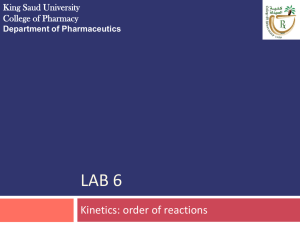Faculty/Graduate Student Research Colloquium
advertisement
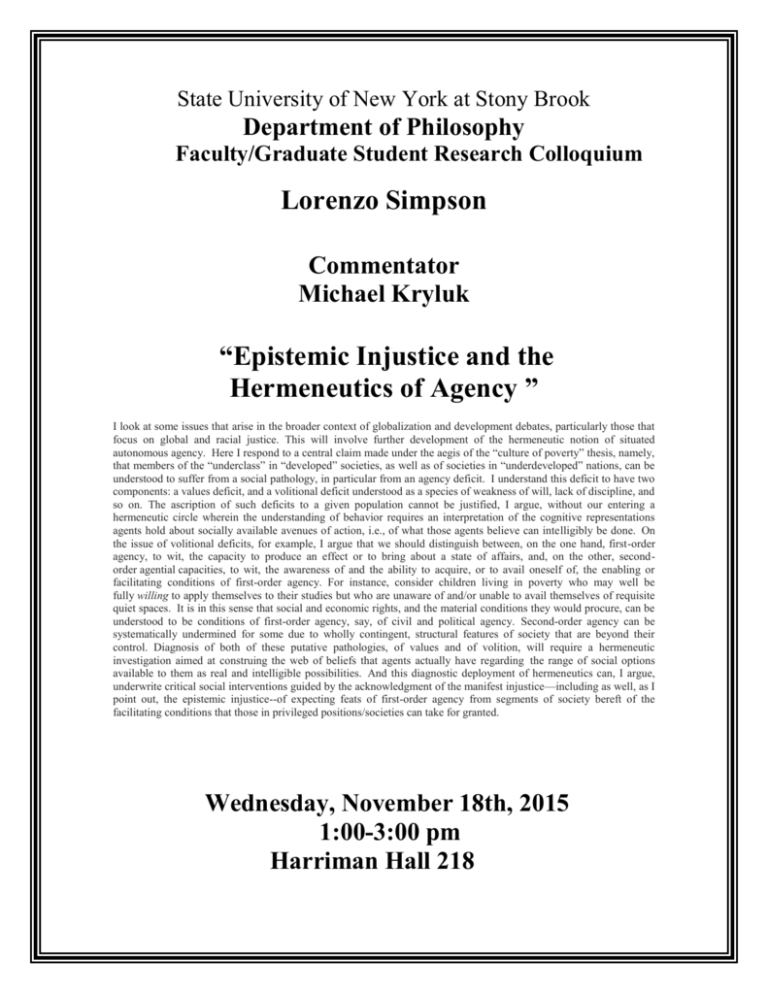
State University of New York at Stony Brook Department of Philosophy Faculty/Graduate Student Research Colloquium Lorenzo Simpson Commentator Michael Kryluk “Epistemic Injustice and the Hermeneutics of Agency ” I look at some issues that arise in the broader context of globalization and development debates, particularly those that focus on global and racial justice. This will involve further development of the hermeneutic notion of situated autonomous agency. Here I respond to a central claim made under the aegis of the “culture of poverty” thesis, namely, that members of the “underclass” in “developed” societies, as well as of societies in “underdeveloped” nations, can be understood to suffer from a social pathology, in particular from an agency deficit. I understand this deficit to have two components: a values deficit, and a volitional deficit understood as a species of weakness of will, lack of discipline, and so on. The ascription of such deficits to a given population cannot be justified, I argue, without our entering a hermeneutic circle wherein the understanding of behavior requires an interpretation of the cognitive representations agents hold about socially available avenues of action, i.e., of what those agents believe can intelligibly be done. On the issue of volitional deficits, for example, I argue that we should distinguish between, on the one hand, first-order agency, to wit, the capacity to produce an effect or to bring about a state of affairs, and, on the other, secondorder agential capacities, to wit, the awareness of and the ability to acquire, or to avail oneself of, the enabling or facilitating conditions of first-order agency. For instance, consider children living in poverty who may well be fully willing to apply themselves to their studies but who are unaware of and/or unable to avail themselves of requisite quiet spaces. It is in this sense that social and economic rights, and the material conditions they would procure, can be understood to be conditions of first-order agency, say, of civil and political agency. Second-order agency can be systematically undermined for some due to wholly contingent, structural features of society that are beyond their control. Diagnosis of both of these putative pathologies, of values and of volition, will require a hermeneutic investigation aimed at construing the web of beliefs that agents actually have regarding the range of social options available to them as real and intelligible possibilities. And this diagnostic deployment of hermeneutics can, I argue, underwrite critical social interventions guided by the acknowledgment of the manifest injustice—including as well, as I point out, the epistemic injustice--of expecting feats of first-order agency from segments of society bereft of the facilitating conditions that those in privileged positions/societies can take for granted. Wednesday, November 18th, 2015 1:00-3:00 pm Harriman Hall 218
